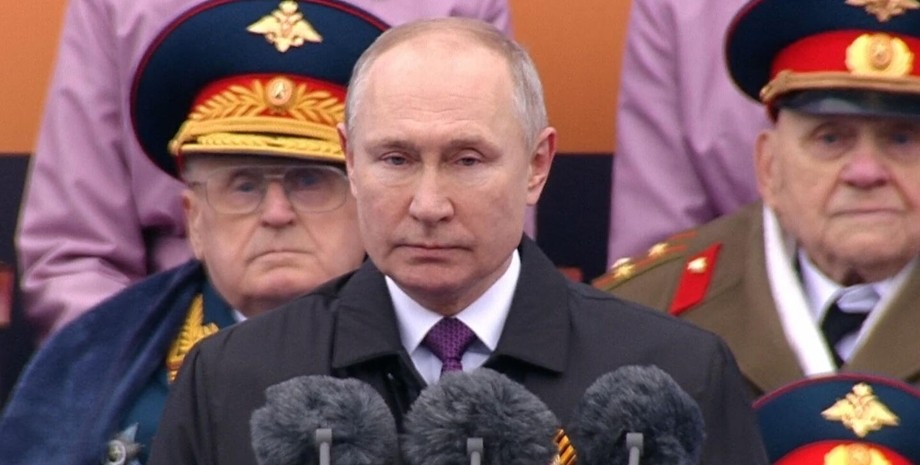
 By Natali Moss
By Natali Moss
This conclusion was reached by analysts of the American Institute for War Study (ISW) in its report of December 19. Speaking on December 19 at the Board of the Ministry of Defense of Russia, Putin repeated the Kremlin rhetoric about the war in Ukraine, accusing NATO and the collective event of encroachment on the borders of Russia. He also praised Russian combat operations and a pure production of the Russian defense industrial base in 2023.
However, Putin again resorted to the concept of "compatriots abroad", discussing the inhabitants of "Southeastern Ukraine", who, according to him, have historical, cultural and linguistic commitment to Russia. He stated that Russia is the sole guarantor of Ukraine's sovereignty and territorial integrity, but will not interfere with "territorial disputes" in the west of Ukraine, where, according to him, many residents want to return to Poland, Romania or Hungary.
Putin's statement that Russia may be the only true guarantor of Ukraine's sovereignty is not a new narrative. In the essay of 2021 under the name "On the historical unity of Russians and Ukrainians" Putin similarly argued that "the true sovereignty of Ukraine is possible in partnership with Russia," analysts say.
In the same essay, Putin used the pseudo -historical scheme of relations between Ukraine and Russia, which, in fact, defines the lands of modern sovereign Ukraine as part of Little Russia, Novorossiysk or fragments of other historical empires. During his speech on December 19, Putin continued to use this pseudo -historical scheme, assuming that Western Ukraine is also not true Ukrainian.
He stated that Soviet dictator Joseph Stalin "gave" its Ukraine from parts of Poland, Romania and Hungary after the Second World War. ISW analysts emphasize that Putin unjustifiably claims that residents of Western Ukraine want to return to their "historical homeland", assuming that Western Ukraine may well return to the concepts of state borders of the seventeenth century and become part of Poland, Romania or Hungary.
"This statement indicates that Putin selectively uses certain aspects of the history of Eastern and Central Europe according to his ideological line to further deprive Ukraine of its internationally recognized sovereignty," the ISW report reads. Putin's statements at the College are rich in rhetorical contradictions and depend on fragile historical allegories, which are scattered when considering in different historical contexts.
For example, during a speech at the World Russian People's Cathedral on November 28, Putin defined the concept of "Russian world" as "all other peoples who lived and live in [ Muscovy, the Russian Empire, the Soviet Union and the modern Russian Federation. This suggests that Putin has widely included in this concept of the "Russian world" part of the Eastern European states such as Poland and Romania.
However, during a speech at the College, on December 19, Putin seems to deviate from this maximalist interpretation of the "Russian world", separating Poland, Romania and Hungary, as having their own historical claims to Western Ukraine. According to analysts, these contradictions emphasize the fact that Putin relies on historical narratives that deliberately ignore modern contexts when they are suitable for the Kremlin narrative.
The contradictions also show another known feature of Russian information operations, which is that Russian IPSO is often not always internally agreed with each other. Given the Putin's interpretation of Eastern European history, modern map of Europe can be indispensable so that Poland and Sweden control the Baltic States and part of Belarus and Russia, and the Russian borders extended to Alaska and the California coast.
"You can also give an absurd and senseless argument that the Renaissned Kingdom of Poland and Lithuanian has the right to most Eastern Europe and part of Western Russia. Putin's selective references to convenient historical" claims "reflect the light -hearted nature of his story," the ISW report said. According to analysts, the pseudo -historical rhetoric of Putin is part of his attempt to justify the invasion of Ukraine and to present himself with a modern Russian tsar.










All rights reserved IN-Ukraine.info - 2022